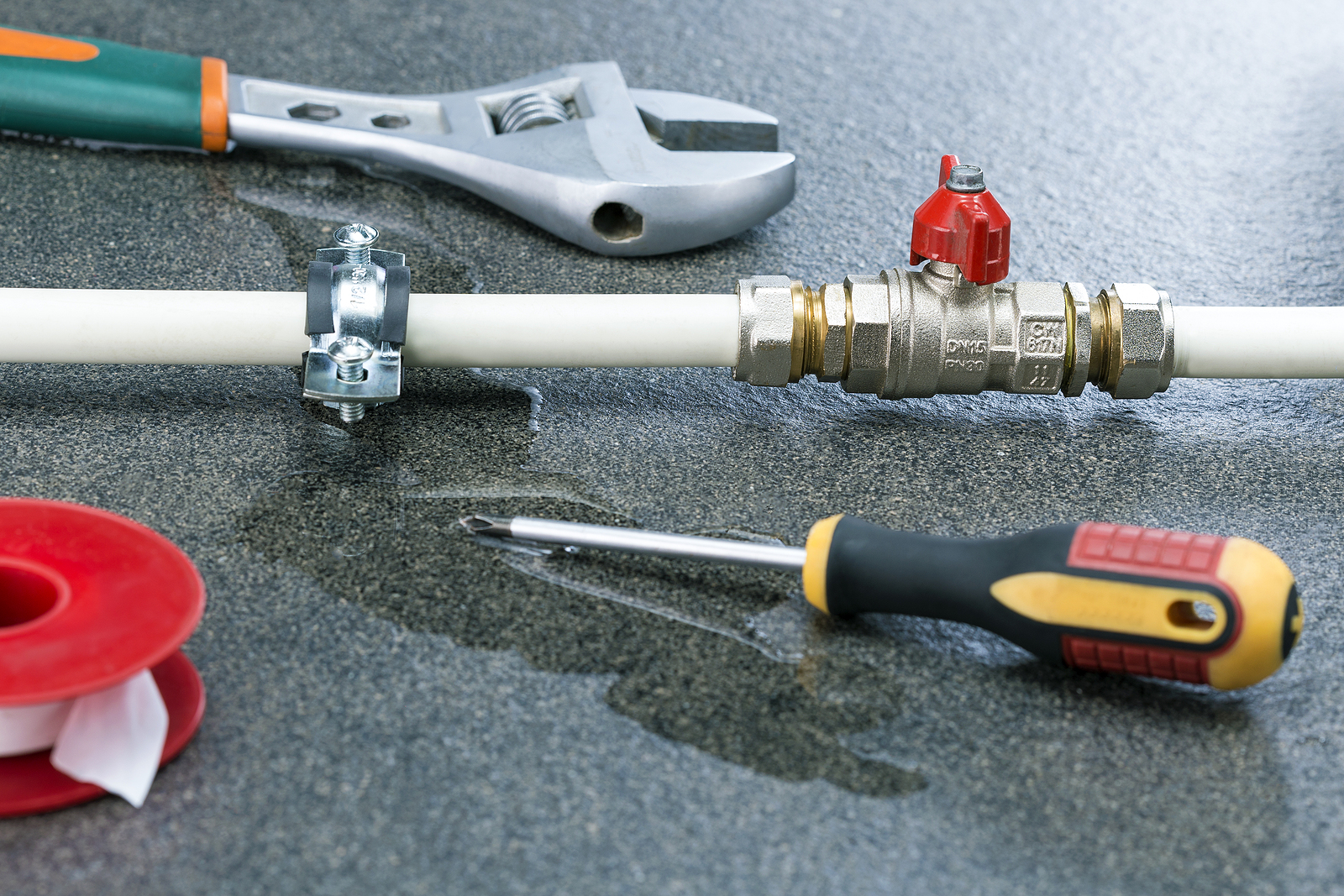How to Find and also Fixing Water Leaks-- A Comprehensive Overview
How to Find and also Fixing Water Leaks-- A Comprehensive Overview
Blog Article
The article which follows in relation to Detecting hidden plumbing leaks is without a doubt compelling. You should give it a look.

Early detection of leaking water lines can mitigate a possible catastrophe. Apart from conserving you money, it will reduce the aggravation and frustration. The moment you find a leak, calling your plumber for repairs is the most effective service. However, some tiny water leakages might not show up. If you can not spot it with your nude eyes, right here are some hacks that aid.
1. Analyze the Water Meter
Checking it is a surefire way that aids you uncover leaks. If it moves, that suggests a fast-moving leak. This suggests you may have a sluggish leakage that could even be below ground.
2. Check Water Usage
Assess your water costs and track your water usage. As the one paying it, you need to see if there are any kind of disparities. If you find sudden changes, regardless of your consumption being the same, it indicates that you have leaks in your plumbing system. Keep in mind, your water expense need to fall under the exact same variety each month. A sudden spike in your costs shows a fast-moving leak.
A stable boost every month, even with the exact same practices, reveals you have a slow leakage that's additionally slowly intensifying. Call a plumber to thoroughly check your property, specifically if you feel a warm area on your flooring with piping beneath.
3. Do a Food Coloring Examination
When it comes to water intake, 30% comes from bathrooms. If the shade in some way infiltrates your bowl throughout that time without flushing, there's a leak between the tank and dish.
4. Asses Exterior Lines
Don't neglect to inspect your outside water lines also. Test spigots by affixing a yard tube. Should water permeate out of the link, you have a loosened rubber gasket. Replace this and ensure all connections are limited. If you've got an automatic sprinkler, it will help get it skillfully examined and also preserved each year. One small leak can lose lots of water and also spike your water bill.
5. Analyze the situation and check
Home owners should make it a practice to inspect under the sink counters as well as also inside cabinets for any kind of bad odor or mold and mildew growth. These two warnings suggest a leakage so punctual interest is called for. Doing regular inspections, even bi-annually, can save you from a major issue.
If you know your house is already old, maintain a careful eye on your heating systems, tubes, pipelines etc. Check for stainings and also weakening as many pipes and appliances have a life span. They will certainly likewise naturally wear away because of tear and put on. If you presume dripping water lines in your plumbing system, don't await it to intensify. Call a professional plumber immediately so you do not wind up with a horrible mess in your home.
Early discovery of dripping water lines can alleviate a possible catastrophe. Some tiny water leaks may not be noticeable. Examining it is a surefire way that helps you find leakages. One small leakage can squander lots of water and surge your water expense.
If you believe dripping water lines in your plumbing system, don't wait for it to rise.
How to Know If Your Home Has a Hidden Leak
Water Meter Reveals Inexplicable Water Usage
If you’d like to test whether or not there’s a leak somewhere in your home, you can do this using your water meter. Here is how to conduct the test:
Don’t use any water in your home for at least 30 minutes; this also means not turning on faucets or water-using appliances.
Go outside, and check your water meter for activity.
If your water meter shows that there was activity, even though no one was using any water, this proves that there is a leak in your home.Visible Mold or Mildew Growth
Leaks behind walls create moist, dark environments that allow mold and mildew to grow and thrive. Eventually, you might see mold growth forming on the wall closest to a hidden leak.
If mold is growing in an area that receives a high amount of moisture, such as a bathroom, it may simply be an indication that better ventilation is needed. However, if you see mold growth on a wall or the ceiling in an area where you would not expect, you probably have a hidden leak.
Musty, Mildew Odor
Sometimes you might not be able to see the mold or mildew that is growing as a result of a leak. However, the smell can give the problem away just as easily. If you catch a whiff of something musty, there’s a good chance that old water is collecting somewhere in your home that you can’t see.
Stained/Warped Walls, Ceilings, or Floors
When your home soaks up water, a variety of red flags can become visible, including ceiling stains, bubbling drywall, warped walls, and sagging floors. While these issues can be caused by excess humidity, they can also be signs that a pipe or plumbing connection has started leaking behind your walls.
Inexplicably High Water Bill
After a while, you get a general sense for what your water bill should be. If you own a pool or sprinkler system, your bill will tend to be higher during summer. However, if you receive a water bill that seems especially high, and you can’t figure out what caused it, then you may have a hidden leak somewhere that’s increasing your bill.
https://www.plumbingjoint.com/blog/2019/july/how-to-know-if-your-home-has-a-hidden-leak/

I found that blog entry on Top leak detection hacks while perusing the web. Are you aware of somebody who is very much interested in the topic? Feel free to share it. Thanks a lot for going through it.
Report this page